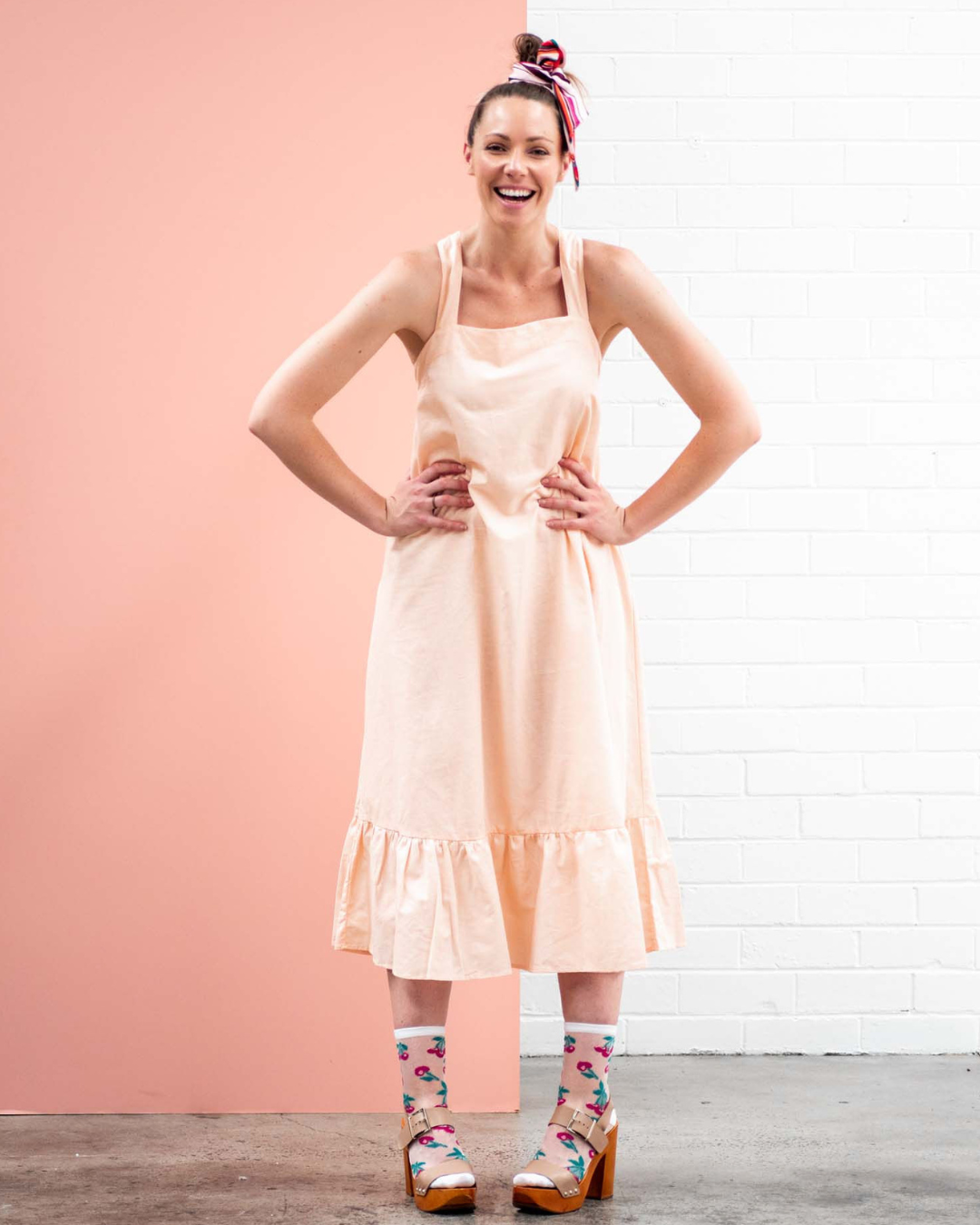H&M wants its shoppers to believe it’s part of the solution. With its ‘Conscious’ collection, recycling bins in stores, and sustainability pledges splashed across marketing campaigns, the brand positions itself as a leader in sustainable fashion. But behind the PR spin, the reality is much darker.
In 2022, H&M was exposed in a major greenwashing scandal. The brand used misleading sustainability scores on its products—falsely claiming some pieces were better for the environment when, in reality, they were even worse than conventional fast fashion. According to an investigation by Quartz, H&M’s ‘environmental scorecards’ were not just inaccurate—they were deceptive, and some garments advertised as ‘sustainable’ had a higher environmental impact than their standard counterparts.
It was so bad, that H&M didn’t just get caught—they got sued. A class-action lawsuit accused the brand of misleading customers who believed they were making more responsible choices. It's an old saying, but it's true: do the crime, do the time.
This is what happens when fast fashion tries to disguise itself as sustainable.
And this is why greenwashing will never be a long-term strategy.
Fast fashion giants like H&M, Shein, and Zara know that sustainability sells. But instead of overhauling their exploitative, wasteful business models, they slap a ‘green’ label on a handful of products and call it a day.
They rely on the fact that most consumers don’t have the time or knowledge to fact-check their claims. They bet on marketing over genuine impact.
But H&M’s lawsuit proves that customers want more meaning, they want better fashion, they want honesty from the brands they buy from. And once a brand loses credibility, it’s nearly impossible to earn it back.
So if you're running an ethical, sustainable, circular, handmade or slow fashion brand and you're working on your sustainability model but you're not quite there yet —don't be tempted to play around with wording or make false claims so you can feel better about what you're making and how you're making it. Be honest about the journey—because sustainability is a spectrum.
Customers want honesty, not perfection.
And as a slow fashion founder, you don’t have billions to throw at marketing like H&M—but you don’t need to.
Your greatest advantage has nothing to do with how much you have to spend on ads or how many people you have working for you or how many billboards you own. Your greatest advantage is your transparency. Your authenticity. Your commitment to real sustainability.
You have an opportunity to tell the truth and to show your audience what ethical fashion really looks like. To prove—without gimmicks or greenwashing—that your brand stands for something real, that you're walking the walk and not just talking the talk.
Consumers might fall for greenwashing once, but when they realise they’ve been lied to, they won’t trust that brand again, and when it's hard enough to win over a customer as it is, the greenwashing territory isn't territory you want to move into.
When you lead with transparency, you build something no fast fashion brand can fake—real, lasting trust. And trust equals loyalty. It equals sales. It equals a brand that actually grows, not just for a season, but for years to come.
So how do you build a brand that customers trust?
Show the paper trail. Be upfront about your materials, processes, and supply chain. If something isn’t perfect, be honest—transparency builds credibility.
Educate your audience. Don’t assume customers know what 'ethical fashion' or 'sustainable fashion' is. Use your platform to teach them about sustainable fabrics, ethical production, and why your prices reflect fair wages and quality craftsmanship.
Avoid vague claims. ‘Eco-friendly’ and ‘sustainable’ mean nothing without proof. Instead, show measurable impact—whether it’s the carbon footprint of your materials, how many garments you save from landfill, or how you reinvest in ethical production.
Lead with values, not trends. Slow fashion isn’t about chasing trends—it’s about standing for something. If you communicate your values clearly and consistently, you’ll attract customers who align with your mission.
H&M’s greenwashing scandal is proof that fake sustainability doesn’t work. The brands that win long-term are the ones that walk the talk.
If you’re serious about growing a profitable slow fashion brand without sacrificing your values, I’m diving deep into these strategies in my upcoming workshop.
Join me for this month’s LIVE online workshop, F*ck Fast Fashion: The 7 Secrets of Successful Slow Fashion Brands, where you'll learn practical strategies to help you stand out and scale ethically.
Because, f*ck fast fashion.
Are you with me?
Claire x




